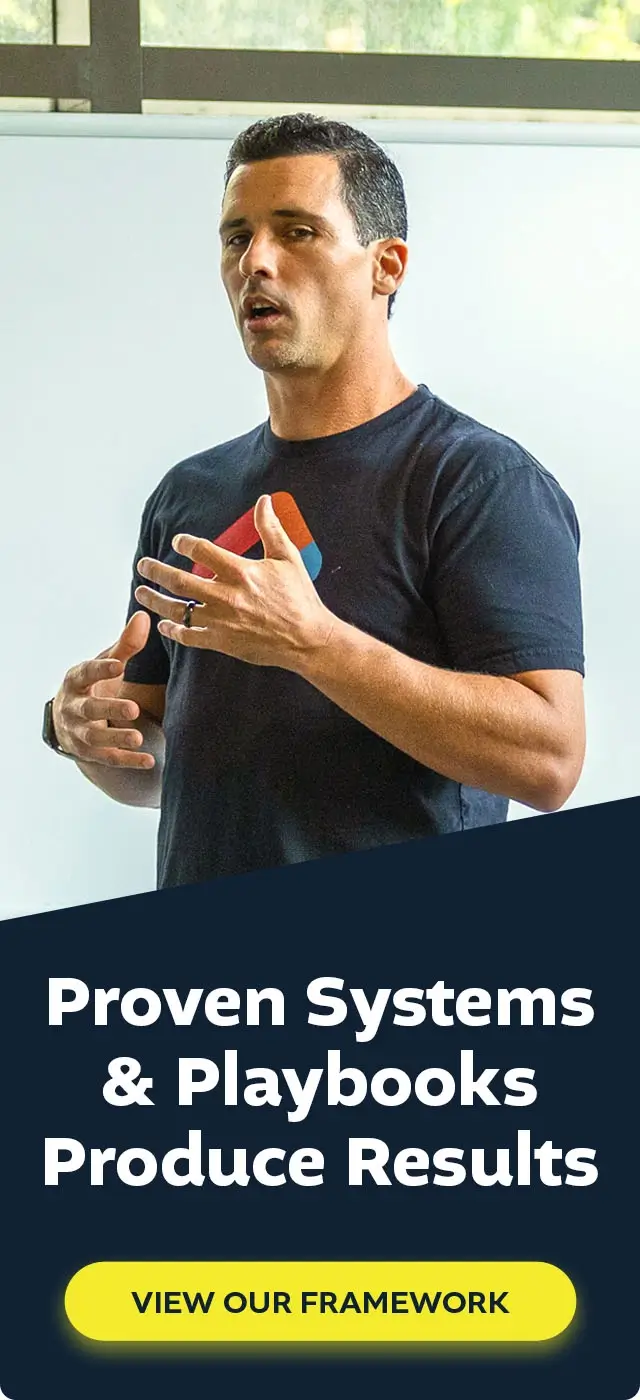When working in the marketing and advertising world, you hear a lot of different terms. Some of the most common ones you’ll hear are B2C and B2B. Business-to-consumer (B2C) is marketing that is focused on individuals that are end consumers of your product or service. It is the most common type of advertising you’ll see because it happens to us multiple times a day, which you may not even realize! Business-to-business (B2B) marketing is typically less heard of and more difficult. It usually happens when one business approaches another to help improve its product/service. A good example of B2B marketing would be a business working with Shopify, a software that helps other businesses run their online stores with ease.
#1 – Longer Sales Cycle
B2B is typically harder than B2C marketing because the sales cycle is usually longer in the B2B world. With business-to-business marketing, you are approaching a group of stakeholders who all hold the power to implement or decline your product or service. These stakeholders usually have different roles and needs. After engaging with each stakeholder, you must win over a majority of them to close the sale. In B2C, you usually are only selling to one or two people. The more stakeholders involved in a sale, the more complicated and time-consuming it can become.
The B2B sales cycle is also lengthened because you often have a more complicated offering. Buyers may want to discuss various things like how the software works or see a demo of the product/service. In some cases, they may even ask for custom adjustments to help ensure that their unique needs can and will be met. It is not just as simple as “Here is my product, do you want to implement it into your company’s day-to-day operations?”
#2 – Higher Risks
When selling a product or service to another business, there are higher risks involved in committing to a purchase. When buying a product for yourself or your household (B2C), the impact is usually constrained to your personal life. When deciding for the entire company, it holds more weight because it may have a major impact on the success of your business and employees.
At the same time, you must develop a relationship of trust and credibility with the company you are selling to. You may have a great product that perfectly fits their needs, but if they feel you or your company are untrustworthy, it’s obvious what the outcome will be: no sale. The same outcome is expected if you can’t properly communicate and confidently provide them with the value and ROI they can expect from you and your company.
#3 – Complex Targeting & Niche Markets
B2B often has more niche services or products for businesses, so the amount of leads you are targeting right off the bat is a lot slimmer. When you are a B2C company selling to the general public, it can be easier to identify and find a large number of consumers who are interested and willing to convert. Software is a common B2B product, so your target audience will be your higher-ups – the decision makers of the company – as well as stakeholders who might be using it in their day-to-day jobs. To accurately target those people, research must be done. First, identify who they are: their job titles, what their role looks like, and what problems they might experience with a current competitor of yours or the lack of software. Then, build an audience using these guidelines.
Marketing within those audiences means getting creative with your campaigns as well. What would typically work for a general B2C company may not have the same impact on the person looking for professional software to implement. You must have a deeper knowledge of the industry needs, lingo, trends, and more.
B2B marketing is often more challenging than B2C marketing due to a longer sales cycle, higher stakes and risks, complex targeting in niche markets, and the ability to sell an intangible good. Successfully navigating these challenges requires in-depth knowledge of the target audience, effective communication strategies, and the ability to build strong relationships with multiple stakeholders to score the lead.


